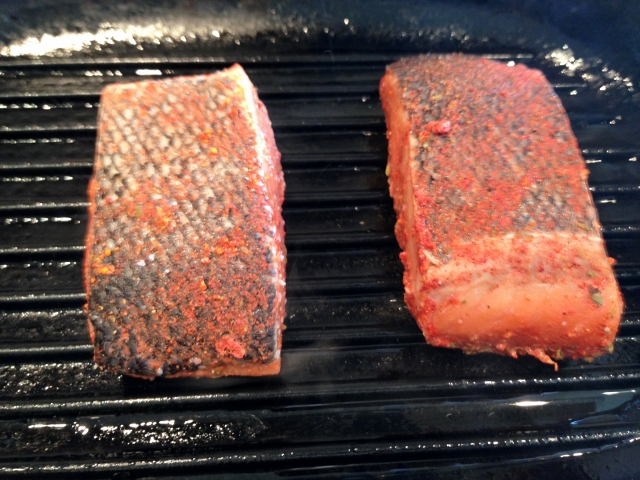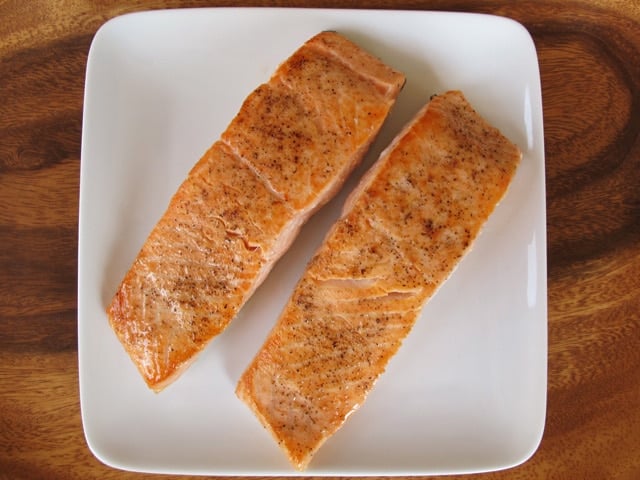In the ever-evolving world of fitness and nutrition, marine collagen has emerged as a noteworthy topic of discussion. This natural protein, derived from the scales and skin of fish, is gaining attention for its potential benefits in enhancing exercise routines. Whether you’re a seasoned athlete or a casual fitness enthusiast, understanding how marine collagen can positively impact your exercise regimen might be a game changer for you.
What is Marine Collagen?
Marine collagen is a type of collagen that comes from the marine environment, particularly from fish. Collagen is a structural protein found in the connective tissues of animals, including humans. It plays a crucial role in maintaining the strength and elasticity of our skin, joints, and muscles. Marine collagen is often praised for its high bioavailability, meaning it’s easily absorbed and utilized by the body.
Benefits for Joint Health
One of the most significant ways marine collagen can enhance your exercise routine is through its potential impact on joint health. Regular physical activity can put a lot of strain on the joints, leading to discomfort and sometimes even injury. Marine collagen contains specific amino acids, such as glycine and proline, which are essential for maintaining joint health.
Research suggests that marine collagen may support the integrity of cartilage, the tissue that cushions your joints. By contributing to the repair and maintenance of cartilage, marine collagen could help reduce joint pain and stiffness, allowing you to train more effectively and with greater comfort.
Supporting Muscle Recovery
Muscle recovery is a crucial aspect of any exercise routine. After a strenuous workout, your muscles need time to repair and rebuild. Marine collagen can play a role in this recovery process. Collagen is rich in amino acids that are important for muscle repair and growth. Glycine, for instance, helps in the synthesis of creatine, a compound that plays a key role in muscle energy and recovery.
Incorporating marine collagen into your post-workout routine may enhance muscle recovery by providing your body with the necessary building blocks to repair damaged tissues and reduce muscle soreness. This could potentially lead to improved performance and quicker recovery times between workouts.
Enhancing Skin Elasticity and Hydration
Exercise often leads to increased sweating and exposure to environmental elements, which can affect your skin’s health. Marine collagen can contribute to maintaining skin elasticity and hydration, which is particularly beneficial for those who engage in regular physical activity. Collagen supports the skin’s structure, helping it stay firm and resilient.
Hydrated skin is less prone to issues like dryness and irritation, which can be exacerbated by frequent workouts. By supporting skin hydration and elasticity, marine collagen can help ensure that your skin remains healthy and vibrant, even with the demands of an active lifestyle.
Promoting Overall Joint Flexibility
Flexibility is essential for optimal performance in various types of exercises, from strength training to yoga. Marine collagen may support overall joint flexibility by helping maintain the health and integrity of the connective tissues surrounding your joints. This can lead to improved range of motion and reduced risk of injury during physical activity. If you are looking for more ideas about the best collagen UK, please take a moment to visit their page to learn more.
As you continue to incorporate diverse exercises into your routine, maintaining joint flexibility becomes increasingly important. Marine collagen could be a valuable addition to your regimen for ensuring that your joints remain flexible and functional.

How to Incorporate Marine Collagen into Your Routine
Integrating marine collagen into your diet can be relatively simple. It is available in various forms, including powders, capsules, and even functional foods like collagen-infused beverages. To get started, consider these options:
- Collagen Powders: These are versatile and can be easily mixed into your favorite smoothies, shakes, or even your morning coffee. They offer a convenient way to boost your collagen intake without altering the taste of your beverages.
- Collagen Capsules: If you prefer a more straightforward approach, collagen capsules are a convenient option. They can be taken alongside your other daily vitamins and minerals.
- Collagen-Infused Foods: Some products, such as bars or drinks, are specifically designed to include marine collagen. These can be a tasty way to support your exercise routine.
When incorporating marine collagen into your diet, it’s important to consider the overall balance of your nutrition. Marine collagen should be part of a well-rounded approach to diet and exercise, ensuring that you meet your body’s needs for a range of nutrients and not rely solely on one source.
Conclusion
Marine collagen offers a variety of potential benefits that can enhance your exercise routine. From supporting joint health and muscle recovery to promoting skin elasticity and overall flexibility, this natural protein has much to offer. As with any addition to your diet, it’s essential to approach it as part of a holistic approach to fitness and well-being.
By understanding how marine collagen can positively impact your body, you can make informed choices about its role in your exercise regimen. Whether you’re looking to improve joint comfort, accelerate muscle recovery, or maintain healthy skin, marine collagen may be a valuable ally in achieving your fitness goals.






